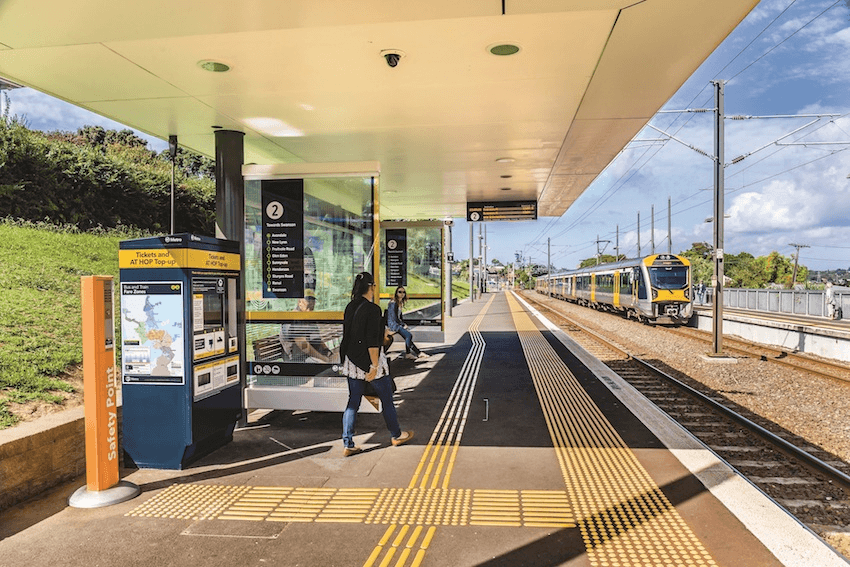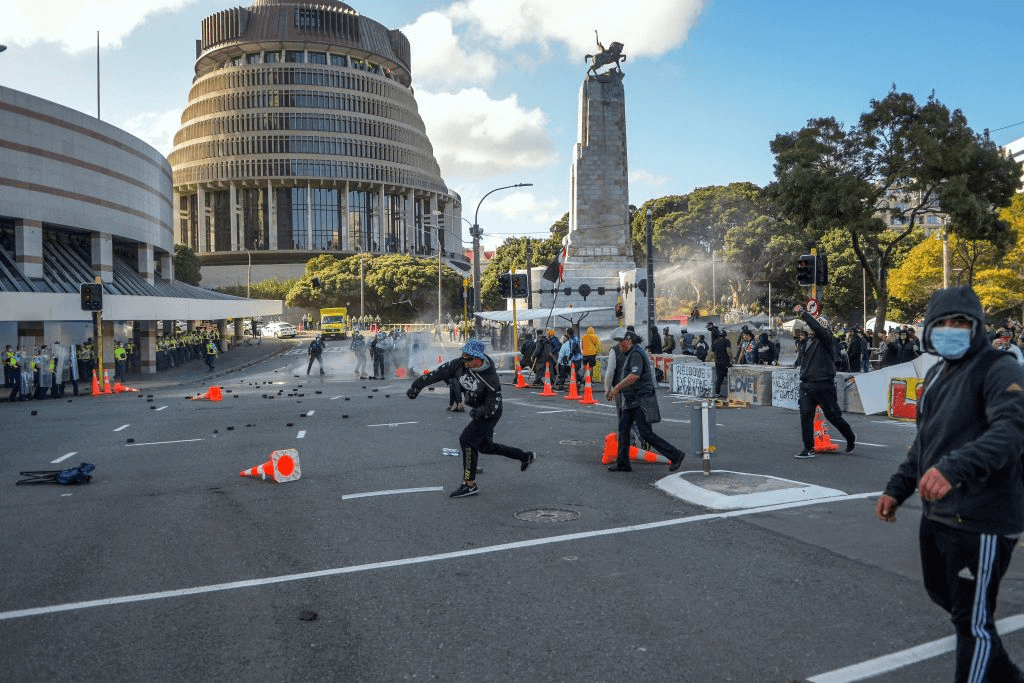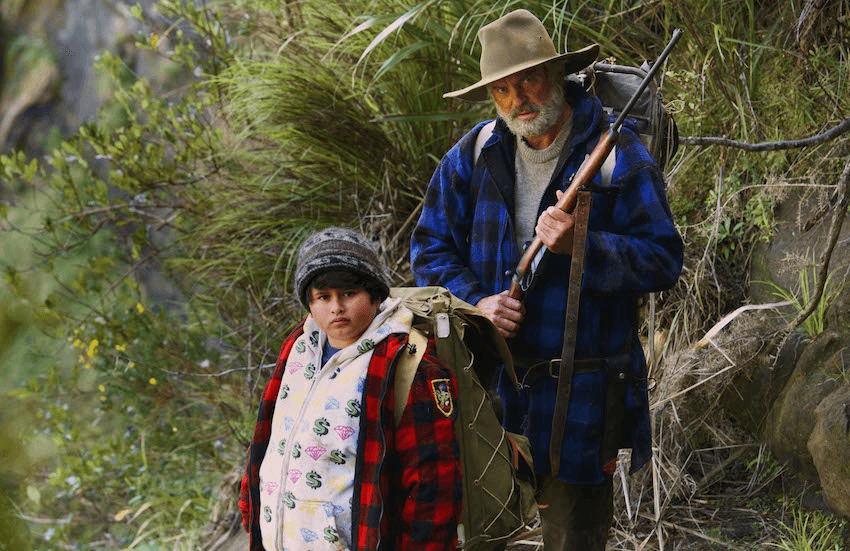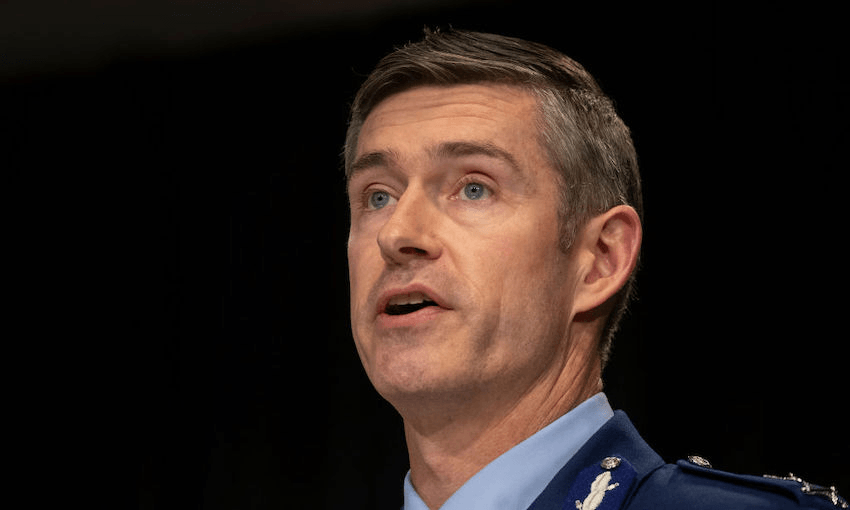Kiwirail is on track to complete the first stage of Auckland’s rail network rebuild (on time!) by Sunday, March 19. The completion of stage one means that six train stations from the Onehunga and Southern lines will soon reopen: Ellerslie, Greenlane, Onehunga, Penrose, Remuera and Te Papapa.
However, AT said the Onehunga line has some changes. “During peak hours, the line will run between Onehunga and Penrose. Customers will need to transfer to a Southern or Eastern line train at Penrose. At off-peak times, including on weekends, trains will travel to Britomart.”
Stage two of the rebuild is set to commence the following day and is expected to finish in January 2024. During stage two, part of the Eastern line will be under construction, with the following stations being closed: Glen Innes, Meadowbank, Ōrakei, Panmure and Sylvia Park.
The Eastern line’s other stations will remain open, with services being rerouted via the Southern line at peak times, but users will have to transfer to Southern line services during off-peak times (including weekends). AT is also suggesting the following buses as substitutes for Southern line users:
For further information about how the rail network rebuild visit the Auckland Transport website.




